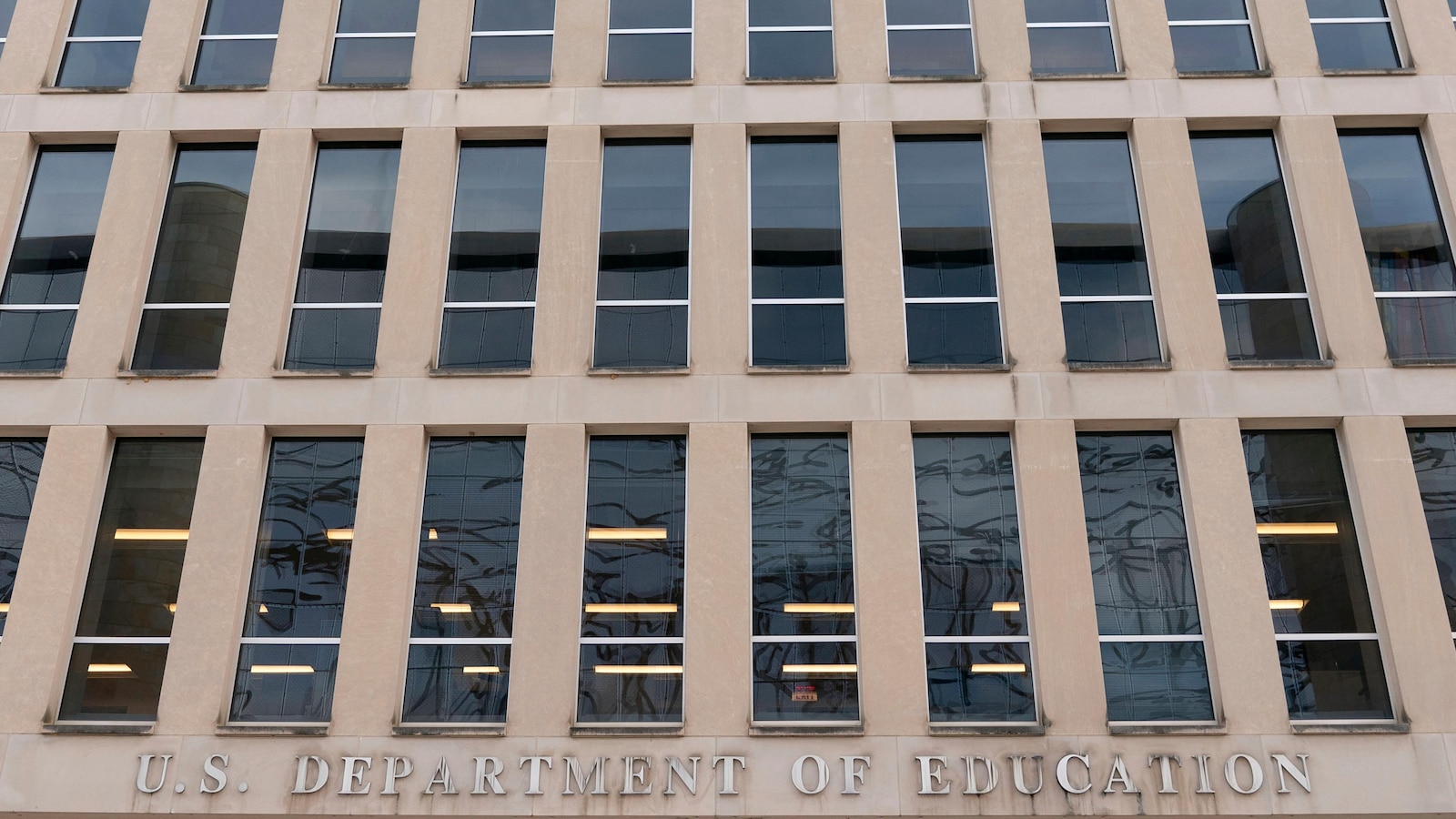The Trump administration is facing strong criticism from tribal leaders and education advocates who allege a failure to uphold legal obligations regarding Native American education. At the heart of the dispute is the Education Department's plan to transfer numerous Native American education programs to other federal agencies without prior consultation with the affected tribes.
Controversial Program Transfers Unveiled
Earlier this week, the Education Department announced intentions to divest several key offices, reassigning their responsibilities to departments such as the Department of Labor and the Department of the Interior. Under this new structure, these agencies would oversee various programs vital for funding and supervising the education of Native American children and college students.
Tribal Leaders Voice Strong Objections
This strategic shift has ignited a firestorm of protest from tribal leaders and Native education organizations, who warn of increased budgetary confusion and a potential collapse of essential services.
Steve Sitting Bear, chairman of the Standing Rock Sioux Tribe, expressed profound disappointment: “This transfer brings no additional support to our schools, and merely shifts us from one inadequate system to another. This instability is unacceptable when the well-being and success of our students is at risk.” The Standing Rock Sioux Tribe, which operates a federally funded K-12 school on its reservation, asserts it was not consulted as legally mandated before the transfer announcement, echoing concerns about added bureaucracy and uncertainty.
Similarly, Ahniwake Rose, president of the American Indian Higher Education Consortium (AIHEC), raised critical questions about the future of funding for Tribal Colleges and Universities (TCUs). Previously channeled through a single department, funding will now navigate multiple agencies, creating potential bureaucratic hurdles. “When my TCUs have a question, they're going to be three agencies they might possibly have to go to for solutions. So we’re going to need really clear-cut roles, delineations for who does what, when, and where,” Rose emphasized, highlighting the value of early tribal involvement in drafting such policies.
Julia Wakeford, policy director at the National Indian Education Association, underscored the fundamental principle: “Tribes should be involved at every step in the process.”
Official Response and Future Promises
In response to the backlash, Assistant Secretary of Indian Affairs Billy Kirkland issued a statement to The Associated Press, affirming the department's commitment to “engage closely” with tribes and education partners. “We value the input we receive from tribes and stakeholders, and we remain dedicated to building a future where Native students have the tools, support, and opportunities they need to thrive for generations to come,” Kirkland stated.
Madison Biedermann, a spokesperson for the Education Department, confirmed that the transfers have not yet been initiated and that tribal consultation is indeed planned. “As we take steps to implement the interagency agreement, we will engage with key stakeholders, including tribal leaders.” However, many in Indian Country argue that this consultation should have occurred before the decision was made. The Labor Department offered no immediate comment.
The Weight of Trust Responsibilities
The federal government's provision of education funding and resources to Native Americans is not merely a discretionary act but a fulfillment of solemn “trust responsibilities.” These are legal promises enshrined in treaties and acts of Congress, given in exchange for the vast lands acquired from tribal nations. Tribal leaders contend that the administration of these crucial obligations has grown increasingly unstable and precarious since the Trump administration initiated federal spending cuts and workforce reductions.
Wakeford urged the Trump administration to assign Education Department staff specifically to the Bureau of Indian Education (BIE), an Interior Department entity, stressing that without such dedicated personnel, the BIE would lack the necessary capacity to effectively manage these programs.







